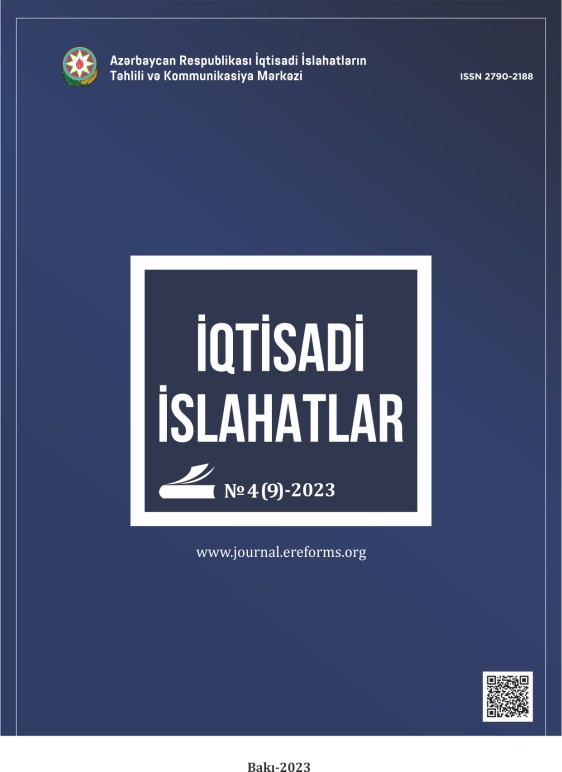Empirical relationship between labor productivity and education expenditures: the case of Azerbaijan
Summary
This study examines the impact of wages, the proportion of education expenditures in GDP, and labor market participation rates on labor productivity, using time-series data from 1995 to 2022. An Autoregressive Distributed Lag (ARDL) model is employed to analyze both short-term and long-term relationships among these variables. The model reveals a negative short-term relationship between labor productivity and education spending. Moreover, the study identifies a statistically significant long-term relationship between these variables. Intriguingly, a persistent negative correlation is observed between education expenditures and labor productivity in the long run. This negative trend could be attributed to various factors, such as inefficient spending of funds, a mismatch between the skills taught in educational settings and those demanded in the labor market, the low quality of education, or the limited profitability of educational investments.
